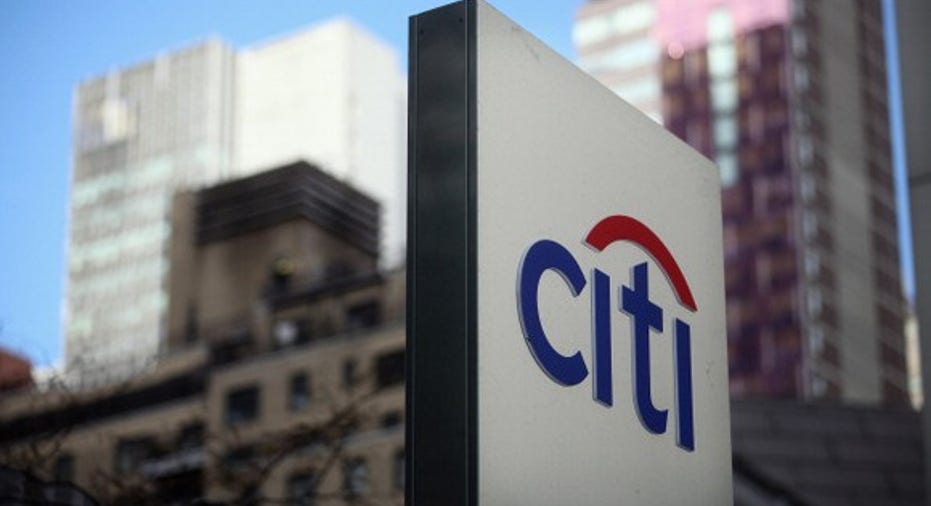How Risky Is Citigroup Stock?

Image source: iStock/Thinkstock.
Thanks to its performance in the financial crisis, you'd be excused for thinking that Citigroup (NYSE: C) is an especially risky stock. Over the past eight years, however, the nation's fourth biggest bank by assets has focused on lowering its risk profile. Has it worked?
Shedding its proprietary trading operations
No stock is without risk, of course. This is particularly true when it comes to bank stocks. Banks by nature are fragile institutions thanks to the copious amount of leverage that's inherent in a bank's business model.
In Citigroup's case, it has $1.8 trillion worth of assets. While 13% of those are financed by the bank's own capital, the remaining 87% are financed with borrowed money. As of the end of the second quarter, its total liabilities amounted to $1.6 trillion.
But outside of this, which is a risk to all banks, Citigroup comes across as a stock with limited downside. This doesn't mean that its stock will outperform its industry or the broader market over the coming years, but it does mean that investors who buy its shares seem to face less risk to their capital than if they were to buy other stocks.
In the first case, Citigroup has taken strides since the 2008 crisis to de-risk its balance sheet. Just recently, for instance, The Wall Street Journal ran a story about Citigroup's last proprietary trader leaving the bank.
This alone marks an important evolution of the bank's risk profile, given that proprietary trading exposes a bank to highly concentrated risk. Four years ago, JPMorgan Chase (NYSE: JPM) suffered a $6 billion loss in one fell swoop when a single trader's bet on a derivative that tracked the health of American corporations went against him.
And that was only the latest instance of a big bank being rocked by a trading scandal. The most infamous example was Barings Brothers, a 233-year-old British bank that failed in 1995 after a trader based in Singapore lost $1.3 billion in speculative investments in the futures market.
Citigroup's other moves to reduce risk
In addition to shuttering its propriety trading operations, moreover, Citigroup has reduced risk in other ways. Under current CEO Michael Corbat's watch, the bank has exited multiple noncore business lines, reduced expenses, pared down the number and type of clients it serves, and accumulated $185 billion worth of tangible common equity that could be used to absorb losses.
Yet, despite these improvements, Citigroup's shares still trade at a large discount to book value. Whereas shares of its closest rival JPMorgan Chase trade for around one times book value, Citigroup's are priced at 36% below book value. That makes Citigroup the cheapest big bank stock right now.
This doesn't mean that Citigroup's share price won't go lower, but it does mean that, absent an egregious error that hobbles the bank, there's a limit to how much it can drop. Indeed, outside of another financial crisis, which if history is any guide is unlikely to occur so soon after the last one, it's hard to imagine Citigroup's valuation dropping much more.
Citigroup's shares thereby offer a margin of safety to investors. The bank may not outperform its rivals going forward. That will depend on Citigroup's profitability over an extended stretch of time, but it partially makes up for this by limiting the downside risk to owning its stock.
A secret billion-dollar stock opportunity The world's biggest tech company forgot to show you something, but a few Wall Street analysts and the Fool didn't miss a beat: There's a small company that's powering their brand-new gadgets and the coming revolution in technology. And we think its stock price has nearly unlimited room to run for early in-the-know investors! To be one of them, just click here.
John Maxfield has no position in any stocks mentioned. The Motley Fool has no position in any of the stocks mentioned. Try any of our Foolish newsletter services free for 30 days. We Fools may not all hold the same opinions, but we all believe that considering a diverse range of insights makes us better investors. The Motley Fool has a disclosure policy.



















